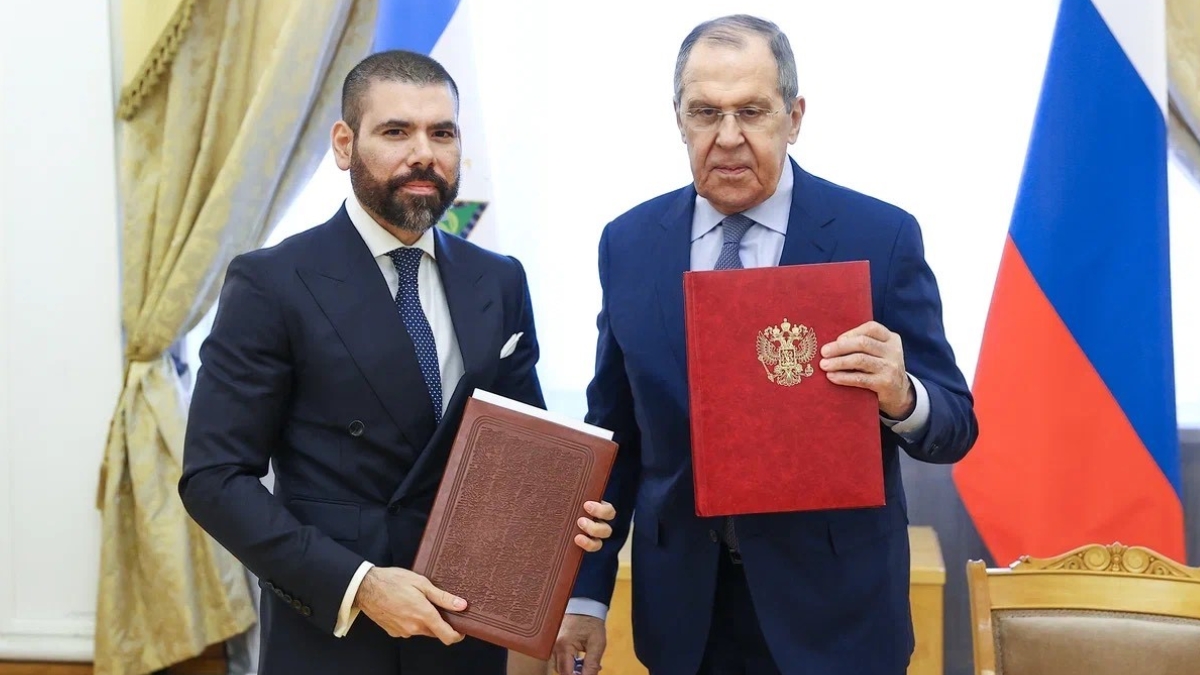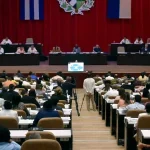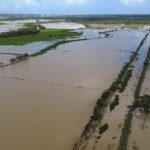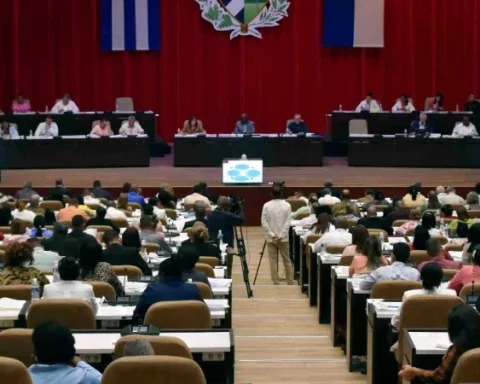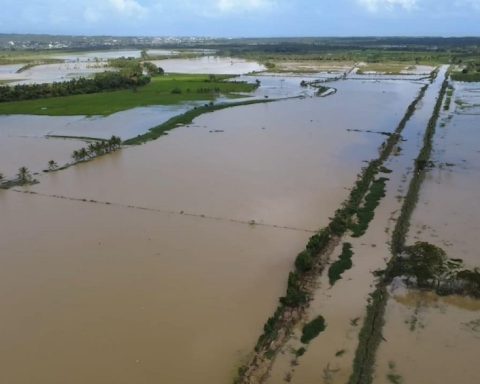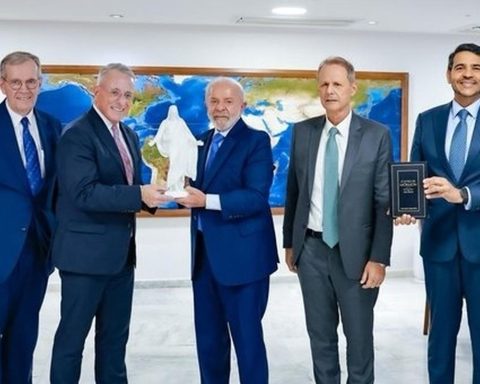The regime of Daniel Ortega and Rosario Murillo unified “a front” with the Russian Federation by signing a joint declaration “on the means and modalities to counteract, mitigate and compensate for the negative consequences of unilateral coercive measures” imposed on Nicaragua by others. State.
At the ceremony, held this Monday, April 22, in Moscow, the Russian Foreign Minister Sergey Lavrov and Laureano Ortega Murillo, presidential advisor and special representative of the president for Affairs with Russia, signed the document, an occupation that, in the case of Nicaragua, should be carried out by the Minister of Foreign Affairs, Denis Moncada Colindres.
Lavrov and Ortega Murillo exchanged “fraternal greetings” from the dictators of their respective countries and also “reaffirmed mutual support in all areas, as well as the nature of a strategic partnership between Nicaragua and Russia.”
What does the joint statement say?
One of the guidelines that the Ortega regime and the Putin dictatorship stipulated to “counteract, mitigate and repair the adverse impacts” of the sanctions was that “unilateral coercive measures, including those of an extraterritorial nature, applied by a third party, should not be recognized or applied.” State, group or association of States or violations of the Charter of the United Nations or international law.
“States are strongly urged to refrain from adopting, enacting and applying unilateral coercive measures that prevent the full achievement of economic and social development, particularly in developing countries,” details the document, released by the official media. .
Likewise, “state and private property and assets, including bank accounts, bonds, real estate, as well as consular and diplomatic premises and facilities, will be immune and not subject to freezing, confiscation or any other form of confiscation or restriction arising from of the implementation of unilateral coercive measures by any authority.

In the event that the restrictive measures cause any economic loss to the sanctioned country, “the State that has inflicted said loss on natural or legal persons, through its actions or the extraterritorial application of its national lawswill be mainly responsible for compensation and damages.
The joint statement also details that “no one shall be deprived of liberty or subject to any other form of restriction based on unilateral coercive acts, laws or policies. “The executive and judicial authorities will carry out a rigorous review of all documents and evidence presented to them in order to avoid giving unjustified effect to unilateral coercive measures.”
Another section of the declaration states that if a sanction negatively affects the population and prevents “the full enjoyment of the human rights of that population, including economic, social and cultural rights, it will be considered a serious violation of international human rights law.” .
Related news: Ortega dictatorship signs economic and trade agreement with Belarus, a satellite country of Russia
Authoritarian regimes also considered it unacceptable for penalties to be applied “in the cultural sphere, against specific cultural and historical figures based on their nationality, citizenship or political beliefs and affiliations, as well as the practice of ‘cancel culture’ of specific nations or peoples.” .
At the end of the declaration, Russia and Nicaragua encouraged the rest of the States to “adopt laws and regulations to enforce the measures stipulated in these guidelines.”
The United States is the country that has imposed the most sanctions on the dictatorial couple and 45 of their senior officials, who cannot enter the North American nation because they committed crimes against humanity and are considered responsible for the exile, denationalization and confiscation of assets of more than 300 Nicaraguans.
